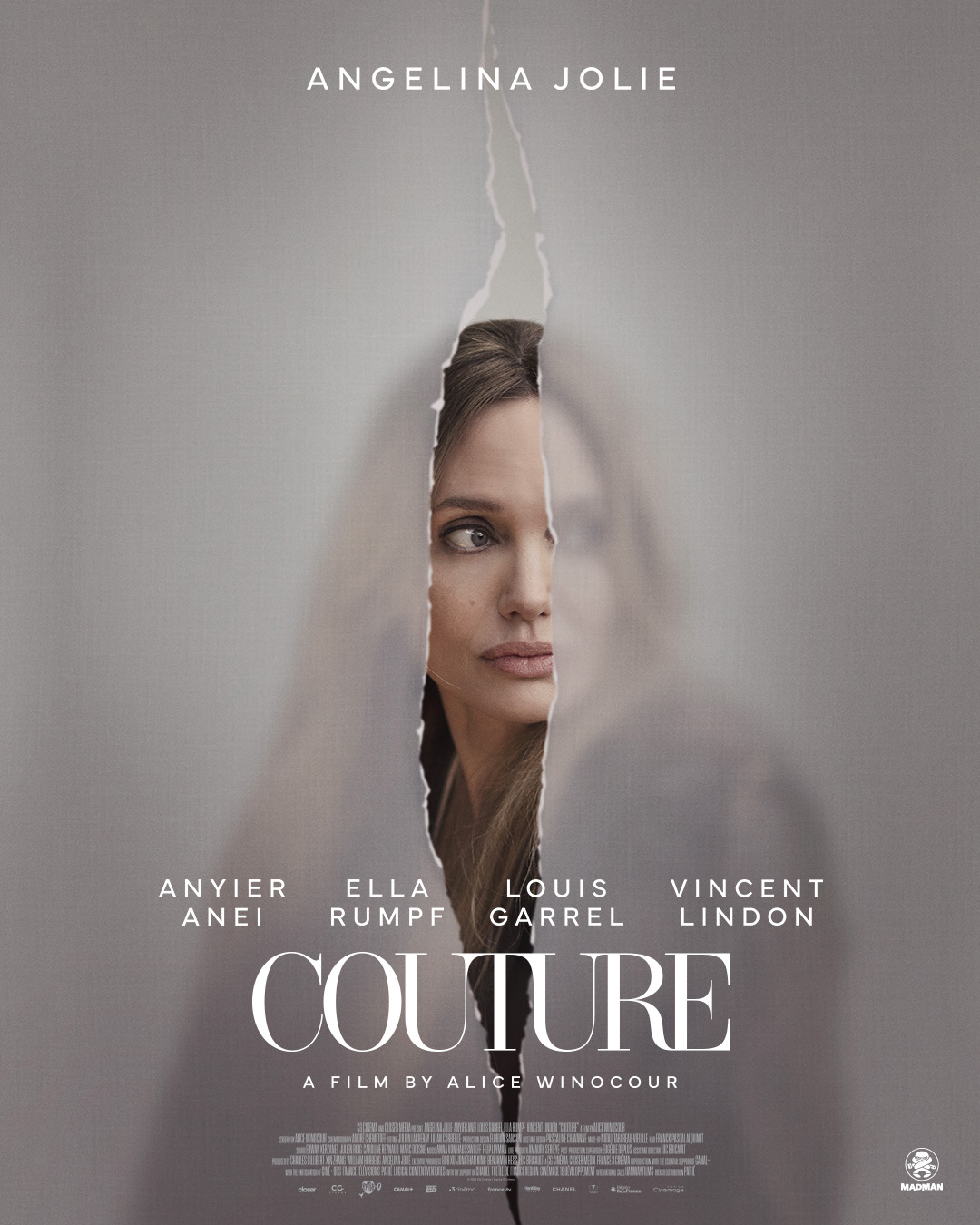Protesters may target Angelina Jolie's Unbroken on belated Japanese debut
- Details
- Published on Wednesday, 30 November -0001 00:00
- Written by The guardian
War biopic has drawn ire from rightwing groups who claim it lacks credibility and could undermine relations between the US and Japan.The controversial Angelina Jolie second world war epic Unbroken could be hit by protests from nationalist groups protesting against its depiction of torture in prisoner-of-war camps when it debuts in Japan next month, reports the Daily Telegraph.There are fears the film’s 6 February premier in Tokyo, as well as subsequent screenings across the country, could be targeted by campaigners. It is not clear if director Jolie – whose film was a global box-office success, with $163.2m in receipts despite middling reviews – will be in attendance.Jolie’s film was released in the US and UK in December 2014, but has had difficulty finding a distributor in Japan. Rightwing protesters say its vision of Japanese guards severely mistreating American prisoners of war is deeply misleading, and have petitioned for it to be banned on grounds of racism.Based on Laura Hillenbrand’s 2010 book Unbroken: A World War II Story of Survival, Resilience and Redemption, it tells the life story of American Olympic runner and US Air Force second lieutenant Louis Zamperini, played on screen by Britain’s Jack O’Connell. The prisoner of war, who died in July 2014, claimed he was beaten and mistreated by the Japanese navy between July 1943 and August 1945, after being captured near the Marshall Islands following the downing of the B-24 bomber he had been helping to fly, and a harrowing 47 days at sea.
The book and film tell how the airman was tormented by prison guard Mutsuhiro Watanabe, nicknamed the Bird, who later featured in General Douglas MacArthur’s list of the 40 most wanted war criminals in Japan. Hillenbrand claims Watanabe once forced a weak and starving Zamperini to hold a heavy piece of wood above his head for 37 minutes before punching him in the stomach, and the book also accuses the Japanese of engaging in cannibalism of POWs and murderous medical experiments.However, Yoichi Shimada, a professor of international relations at Fukui Prefectural University, told the Telegraph that the book and its big-screen transfer should both be regarded as fiction.“The book and the film both unnecessarily stress violent events by the Japanese military,” he said. “Yes, there were a few atrocities during the war, but they were not only committed by the Japanese. All armies committed atrocities.“At a time when Japan and the US should be heightening their security cooperation to combat the threat posed by China, the timing of the release of this film is not at all constructive.” Tatsuya Mori, a Japanese documentary film-maker, said during a recent preview event that Jolie’s drama was particularly vulnerable to nationalist ire. “The film drew much more of a backlash in Japan than it should have just because it was directed by a foreign film-maker,” he said. “The situation casts a light on the essential problems of Japanese society.”
 |













 Share
Share